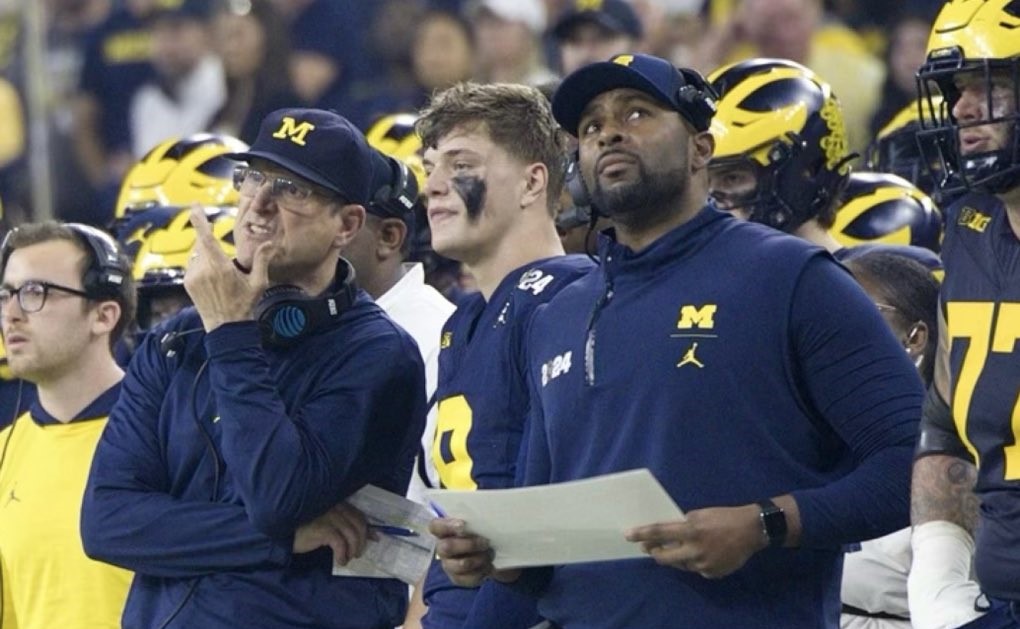
Jim Harbaugh and Sherrone Moore communicate on the sideline during a game in 2023.
The NCAA recently imposed a show cause penalty on Jim Harbaugh for violations related to head coach responsibility rules. This ruling draws a parallel to the 2011-2013 Louisville Cardinals case, where Rick Pitino faced similar issues and had his national championship vacated. The situation at Michigan, however, presents a different scenario, primarily affecting the program’s future rather than Harbaugh’s legacy.
Impact on Michigan
For Michigan, the primary concern is ensuring that the NCAA’s sanctions do not adversely affect the program. Despite the NCAA’s action, it’s important to recognize that Harbaugh is no longer part of the college football landscape, having moved on to the NFL. Thus, any penalty imposed on him doesn’t impact the current Michigan program directly.
Michigan fans, who remain supportive of Harbaugh’s contributions to the team, might see this penalty as largely symbolic. The most crucial aspect is how the NCAA’s decisions affect the university and its ongoing operations. As long as the sanctions do not disrupt the university’s activities or competitiveness, Michigan is likely to navigate through this situation without severe damage.
Potential Consequences for Michigan
The NCAA’s penalties for level one violations can vary significantly, but here are the most pertinent possibilities:
1. Competition Restrictions: This includes prohibiting the team from playing specific games or opponents. However, this measure is unlikely to be applied to Michigan, given its significant presence and the financial implications for the Big Ten and its broadcast partners.
2. Coaching Restrictions: A more realistic outcome could be the suspension of Michigan’s current staff members, such as offensive coordinator Sharon Moore. While Moore faces a level two violation, any suspension would likely be short-term, possibly ranging from a few games to half a season at most. Given that Harbaugh’s suspension last year did not hinder the team’s performance, a similar short-term suspension for Moore would likely be manageable.
3. Public Reprimand: The NCAA could issue a public reprimand or place the program on probation. For Michigan, this would mean increased scrutiny but little practical impact. Probation means closer monitoring rather than any immediate operational changes.
4. Loss of Records or Titles: Although rival fans might hope for the vacating of Michigan’s wins or titles, the likelihood of this occurring is low. The NCAA generally reserves such measures for more direct violations involving ineligible players or substantial misconduct directly affecting competitive outcomes.
5. Television and Media Restrictions: Restrictions on media appearances or broadcasting are improbable. The Big Ten is unlikely to agree to any sanctions that would restrict Michigan’s television presence, as the university is a major revenue generator for the conference.
Future Implications
For Michigan, the primary focus should be on mitigating any direct effects of these sanctions and ensuring that the program remains competitive and compliant. The most significant fallout may come in the form of reputational damage, but given the current structure of college football with the expanded playoff system, Michigan’s ability to compete remains intact.
In summary, while Jim Harbaugh’s show cause penalty marks a notable development, its direct impact on Michigan’s current and future operations appears limited. The key for Michigan is to navigate the sanctions effectively while continuing to build on its strong program. Fans should remain focused on the team’s performance and potential, rather than getting overly concerned with penalties directed at a former coach.
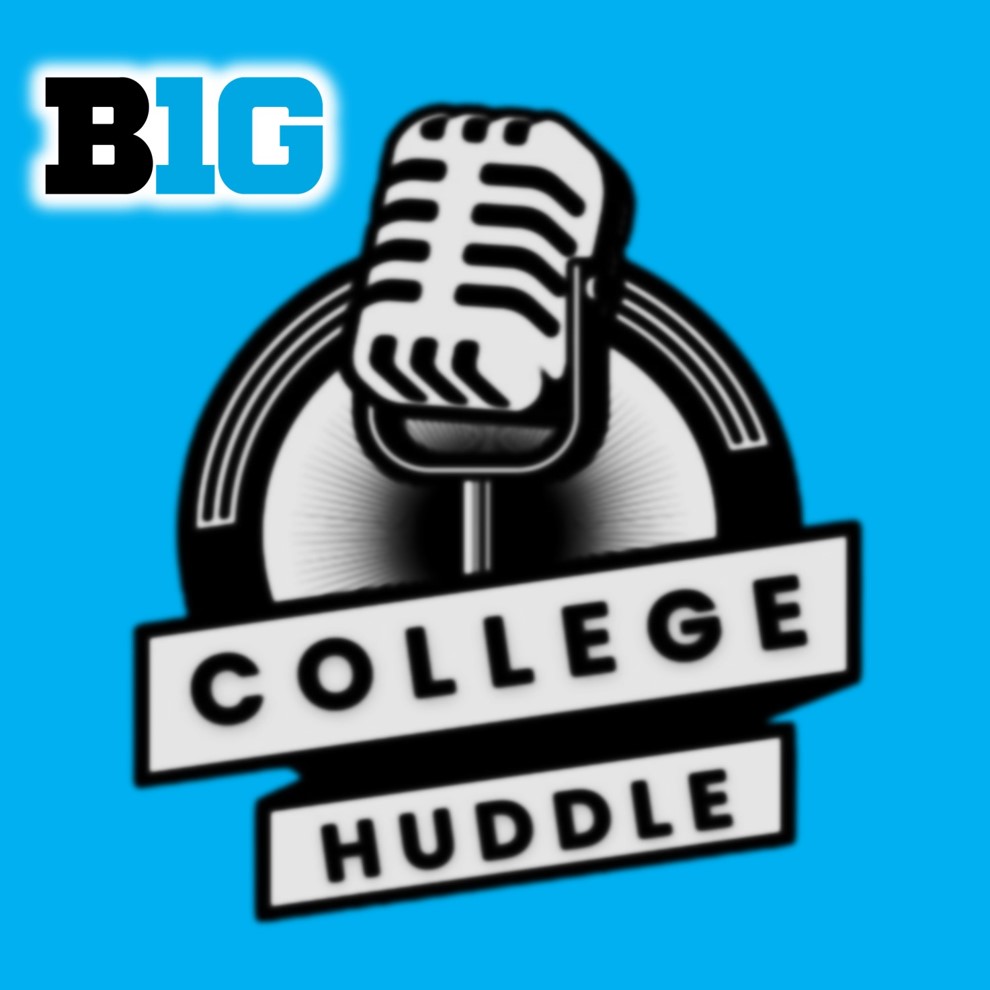
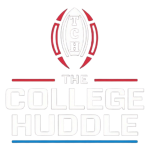


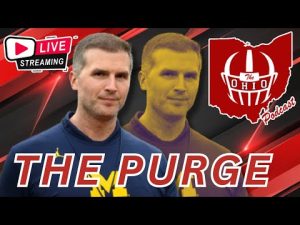
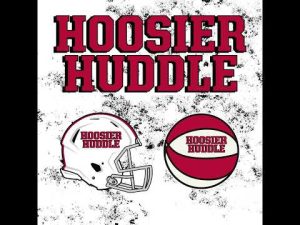
[…] Jim Harbaugh’s Show Cause Penalty: What It Means for Michigan […]